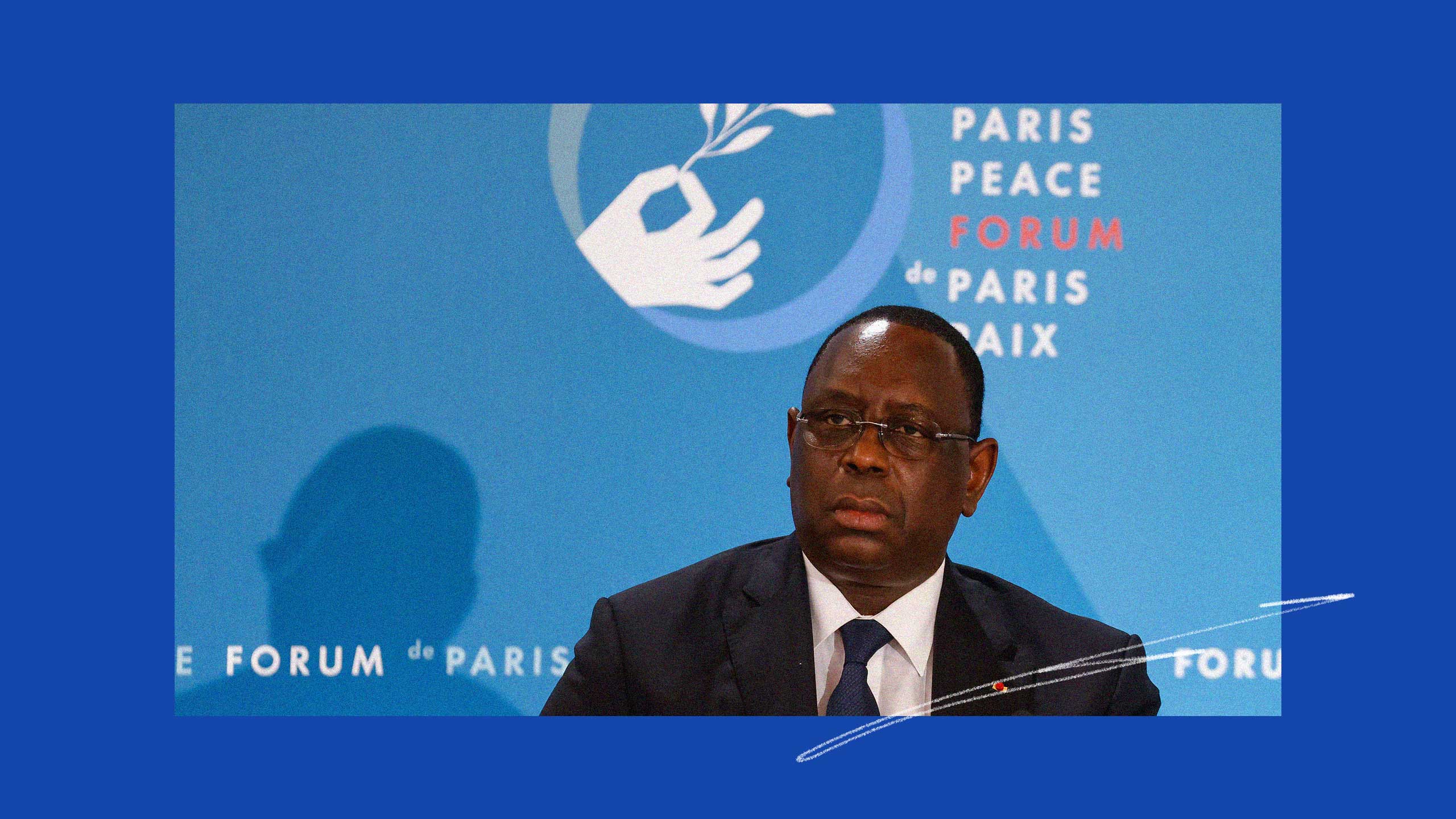Senegalese lawmakers have scrapped a proposed law that would have imposed harsher punishments on the LGBTQ+ community in a country where gay sex is already illegal.
On Tuesday, Senegal’s National Assembly indefinitely shelved a vote on draft legislation that would have doubled the length of prison sentences for same-sex intercourse, according to Reuters. The Bureau of the National Assembly, a group of parliamentarians who decide which bills will be heard on the floor, claimed that the African country’s laws already address the subject of homosexuality in a sufficient manner.
Bureau members further accused the bill’s backers of pushing a “false debate” ahead of the upcoming parliamentary elections, which are set to be held later this year.
“The current law in Senegal, which dates from 1966 […] is clear on this subject,” lawmakers said in a Dec. 24 statement cited by the LGBTQ+ news site Erasing 76 Crimes. “There is no need to add or remove a comma.”
Under Article 319 of Senegal’s existing penal code, individuals convicted of “any indecent or unnatural act committed between individuals of the same sex” currently face a sentence of up to five years in prison, as well as a fine of more than $3,200 CAD. Were the draft bill to be signed into law, charges of same-sex activity could have resulted in a maximum of 10 years behind bars.
What’s more, the legislation sought to drastically broaden the terms under which an LGBTQ+ person can be arrested for committing a criminal act. It included bans on “lesbianism,” “bisexuality,” “transsexuality” and “intersexuality,” as well as virtually all forms of pro-LGBTQ+ advocacy.
Human rights advocates were sharply critical of the legislation, as it is already extremely difficult to be LGBTQ+ in Senegal under the country’s current laws.
“This is absolutely ridiculous for a country that is supposed to be known for its hospitality,” Djamil Bangoura, president of the LGBTQ+ health organization Association Prudence, told the Washington Post. “More and more people are being judged and tortured and imprisoned for their sexual orientation.”
While Senegal’s colonial-era sodomy laws were once rarely enforced, persecution of the LGBTQ+ community is on the rise following an increase in arrests. Earlier this year, protesters called to strengthen punishments for homosexuality during a May rally in the capital of Dakar. Attendees of the event, which was organized by the right-wing collective And Samm Jikko Yi, claimed that Senegal is “homophobic and will remain so forever” and advocated that LGBTQ+ people be “burned,” according to varying reports.
Hundreds of LGBTQ+ people in Senegal received violent threats following the protest, per the TV news station France 24. These incidents reportedly resulted in a dramatic uptick in requests to aid organizations from people looking to flee the country.
But the draft bill’s rejection does not necessarily mean that brighter days are ahead for Senegal’s vulnerable LGBTQ+ community. President Macky Sall has repeatedly opposed efforts to decriminalize homosexuality, telling former United States president Barack Obama in 2013 that the Muslim-majority nation is “not ready” for the move.
Nearby Ghana, meanwhile, is still considering its own legislation to intensify laws targeting the LGBTQ+ community. Last March, Ghanaian lawmakers introduced a bill seeking to disallow “homosexuality in all of its forms.” While that term was broadly defined, a draft of the bill, leaked by The Guardian in July, would outlaw everything from expressing support for LGBTQ+ rights to providing affirming medical care.
Ghana’s bill has yet to become law. Should it be implemented, penalties for the aforementioned infractions would include a maximum of 10 years in prison.
More than two dozen African nations currently have laws on the books imposing prison sentences or fines for expressions of same-sex intimacy, according to the human rights watchdog Amnesty International. The vast majority were imposed during the period of western colonization.


 Why you can trust Xtra
Why you can trust Xtra


